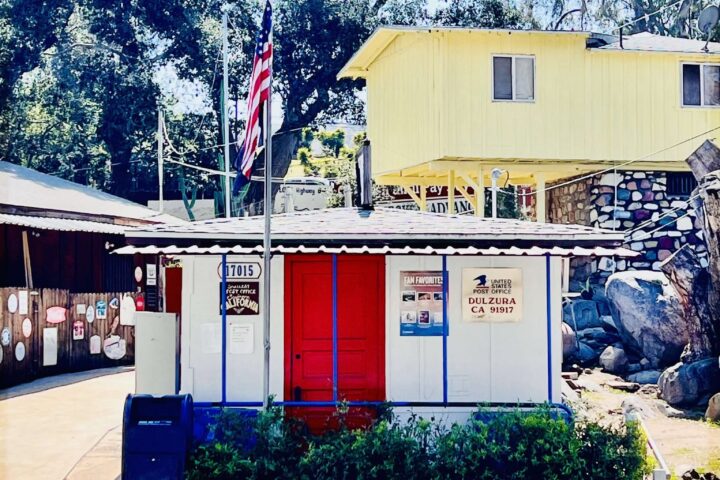The California Gas Restriction Act also known as Senate Bill 350 or Clean Energy and Pollution Reduction Act has one goal. To get you out of your car. The bill would require a 50% reduction in petroleum used within the state, 50% increase in renewables for electricity generation and a 50% increase in the energy efficiency of buildings by 2030. In other words, California does not want you driving your gasoline powered car and wants to continue to drive out business and industry from the state.
In regard to the 50% gasoline and diesel reduction provisions, SB 350 would grant the Air Resources Board significant authority to adopt regulations that will result in a 50% reduction in petroleum use in cars and trucks by 2030. It is just not feasible, with the increased cost of housing pushing employees further away from their jobs and no alternative transportation the car is the only way many can get to and from work.
B 350 does not provide clear policy direction to the California Air Resources Board on whether to promote demand side policies or to promote and establish heavy handed supply side fuels policies. This significant delegation of authority does not ensure that needed legislative oversight is in place to provide the appropriate guidance to regulators.
Demand Side Policies
Currently there are several statewide policies directed at impacting demand for petroleum transportation fuels. These policies include SB 375 which is designed to drive emission reductions through reductions in regional travel through land use measures intended to reduce operation of light – and medium duty – vehicles.
Supply Side Policies
California currently has several expensive and unsustainable policies attempting to force transportation fuel policy changes on the supply side of the market. For example, the Low Carbon Fuel Standard is a costly and inefficient fuels policy that will likely impact the reliable supply of transportation fuels used by the vast majority of Californians today.
The petroleum industry is driving California’s economy
A mandated 50% reduction in petroleum could have a significant impact on transportation in California, but also on future jobs and valuable tax revenue. The LAEDC’s 2014 analysis of the petroleum industry’s economic contributions to California found sizable economic activity:
468,000 direct, indirect and induced jobs
$220 billion in direct economic activity statewide
$21.6 billion in state and local tax revenues statewide
$14.7 billion in sales and excise taxes statewide
104,000 jobs in Los Angeles County alone
Los Angeles County also receives $5 billion in state and local tax revenue
Read the bill yourself here





















